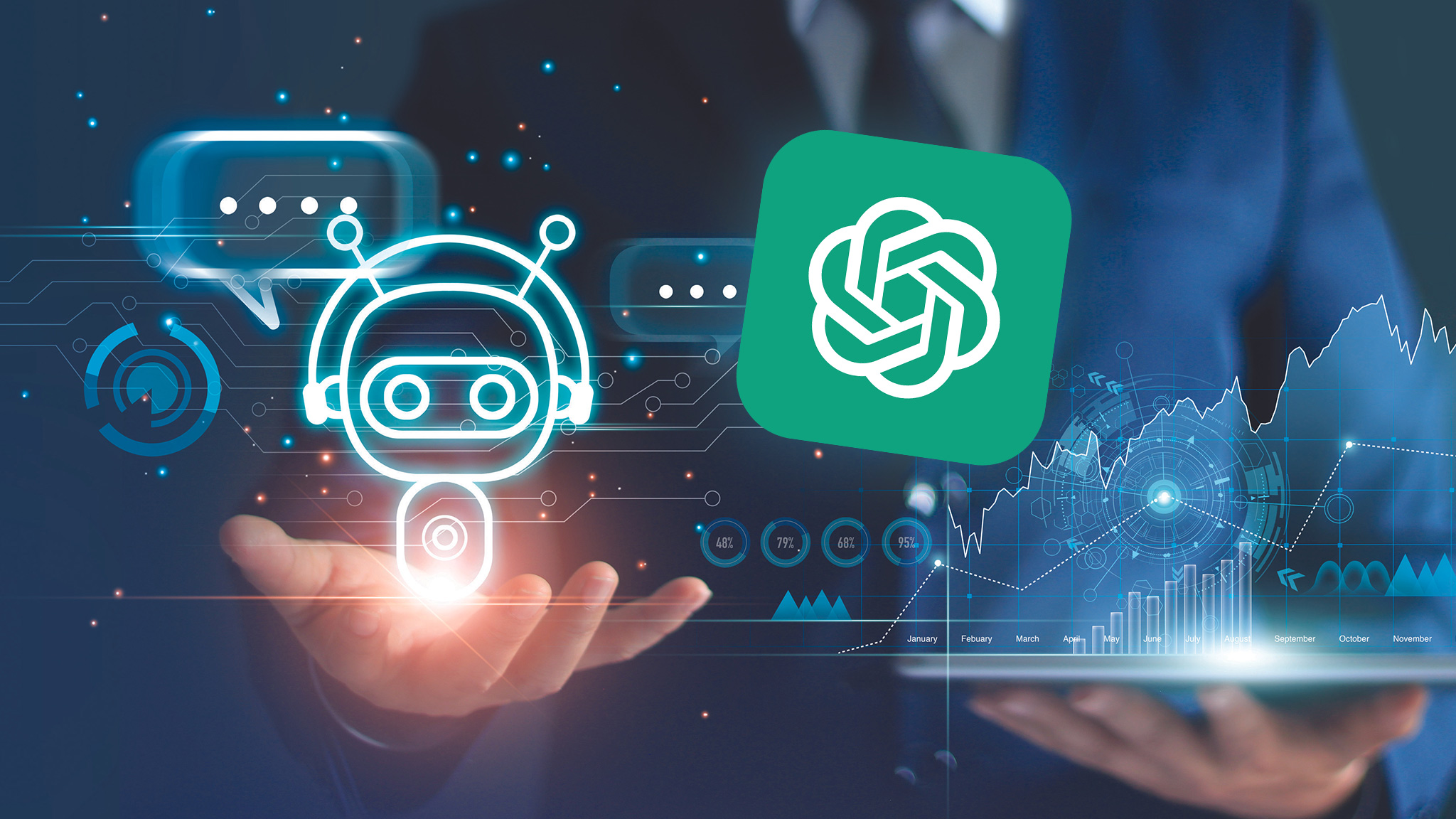
.- The Rise of AI Assistants: ChatGPT and Beyond.- The Rise of AI Assistants: ChatGPT and Beyond In the realm of artificial intelligence, a new dawn has broken with the emergence of ChatGPT and its kindred spirits. These AI assistants have sparked a paradigm shift, transforming the way we interact with technology and information. ChatGPT: The Game-Changer ChatGPT, developed by OpenAI, catapulted AI assistants into the mainstream. This large language model (LLM) possesses an unparalleled ability to generate human-like text, engage in contextual conversations, and provide comprehensive answers to a wide range of queries. From generating marketing copy to assisting with research projects, ChatGPT’s versatility has made it an indispensable tool for businesses, students, and individuals alike. Its intuitive user interface and seamless integration into various applications further enhance its utility. Beyond ChatGPT: The Expanding AI Landscape While ChatGPT has garnered significant attention, it is only a beacon in a rapidly expanding universe of AI assistants. Other notable offerings include: * Bard: Google’s AI-powered search engine that integrates LLMs to provide more informative and relevant results. * Bing with ChatGPT: Microsoft’s enhanced Bing search engine powered by ChatGPT, enabling users to ask questions and receive conversational answers directly in the search results. * Jasper: An AI writing assistant designed specifically for marketing and creative professionals, offering a suite of tools for content generation, optimization, and analysis. The Impact on Industries The rise of AI assistants is transforming industries across the board: * Customer Service: AI assistants provide 24/7 support, answering customer inquiries and resolving issues promptly. * Content Creation: They assist with the generation of high-quality written content, freeing up human writers to focus on more creative and strategic tasks. * Education: They provide personalized learning experiences, offering tailored content and assessments based on the student’s needs. * Healthcare: They assist healthcare professionals with diagnosis, treatment planning, and patient communication, enhancing efficiency and accuracy. Challenges and Ethical Considerations Despite the immense potential of AI assistants, challenges remain: * Accuracy and Reliability: AI assistants are still prone to factual errors and biases, which can have serious consequences in certain applications. * Job Displacement: The automation of tasks by AI could potentially lead to job losses in certain industries. * Privacy and Confidentiality: The use of AI assistants raises concerns about data privacy and the potential for sensitive information to be compromised. Ethical considerations must also be addressed: * Transparency: Users should be fully informed about the capabilities and limitations of AI assistants. * Accountability: It is crucial to establish clear lines of accountability for actions taken by AI assistants. * Bias Mitigation: AI assistants must be developed with safeguards to prevent bias and ensure fair treatment of all users. Conclusion The rise of AI assistants, exemplified by ChatGPT and beyond, is revolutionizing the way we access information and complete tasks. As these technologies continue to evolve, it is imperative to navigate the challenges and ethical considerations they pose. By embracing this innovation responsibly and addressing its potential impacts, we can harness the power of AI to drive progress and enhance our lives.
Posted inNews